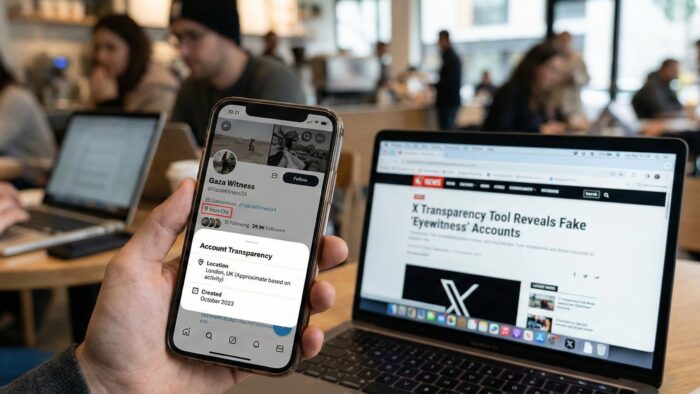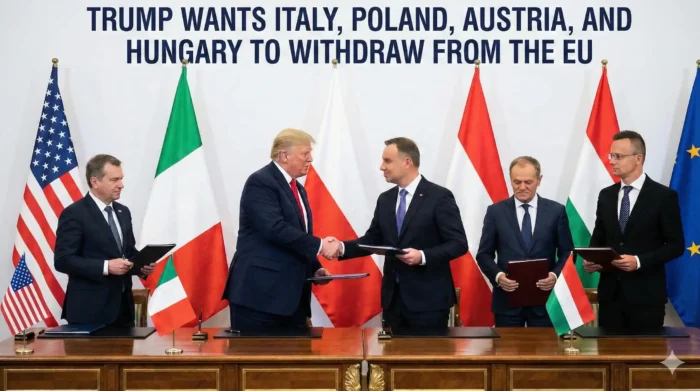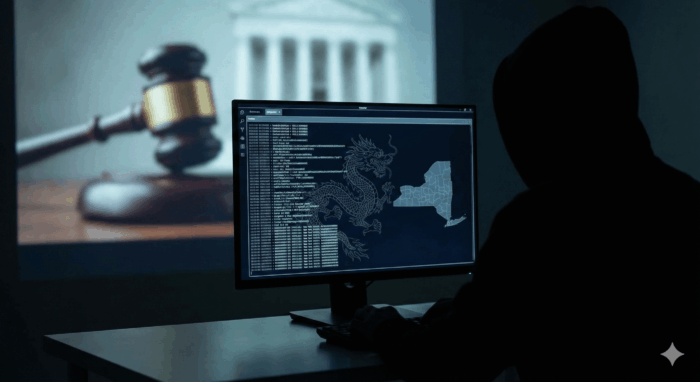The NATO Strategic Communications Centre of Excellence (StratCom COE), a NATO center that seeks to counter disinformation and online influence operations, has published a new study on Russian information operations in Germany. The report, titled “Information Laundering in Germany,” details how Russia has used “information laundering processes” to spread its influence in the German media environment, targeting reporting about Covid-19, Alexei Navalny, and North Stream‑2. Information laundering is described as follows:
Information laundering (IL) is a stratagem used by hostile actors within an information influence campaign. In this process, false or deceitful information is legitimised through a network of intermediaries that gradually apply a set of techniques to distort it and obscure the original source.
Read the full report here.
The study examines two types of information laundering, with different audiences and intended effects: IL‑A describes domestic actors laundering foreign or international news events, translating them into German, deliberately or accidentally, enabling the spread of the Kremlin’s influence in the German media environment. IL‑B describes foreign actors laundering domestic German news events to shape perspectives about Germany for an international or foreign audience. The study finds that pro-Kremlin and Kremlin-official media repeatedly amplified the voices of German political and public figures, primarily from the far-right Alternative für Deutschland (AfD) and leftist Die Linke. These were used to provide credibility to the laundered content. The study further identified the following domestic key actors enabling the spread of Kremlin IL:
- International actors that publish in several languages, mainly in English and Russian, but also run German language platforms. E.g., SOTT, News- Front, Shafaqna.
- German-language versions of Kremlin- official media, e.g. RT and Sputnik.
- Main proxy platforms: the WordPress’ blog ‘Co-op Anti-War Café Berlin’ and Press24.net both share content from Sputnik Germany and RT Deutsch, as well as from the platform Telepolis.
- German actors that are generally mentioned or referenced in IL processes to provide credibility to IL techniques: Historian Alexander Rahr, who was also Senior Advisor on Russia for Wintershall Holding (2012–2015) and Gazprom (from 2015), AfD’s Waldemar Herdt, and German-Russian Forum Chairman Matthias Platzeck.
- German newspaper Der Tagesspiegel stories were used by Kremlin-official and pro-Kremlin media as a source for IL. This does not make Der Tagesspiegel an active part of IL – Kremlin and pro-Kremlin outlets take the accurate reporting of news events by the German reputed outlet and distort it through IL techniques.
- Keywords-based IL research identified actors publishing pieces that, for reasons of chronology and narratives pushed, could be somehow linked to laundering processes. However, IL techniques were not clearly identified, and more research needs to be conducted to verify participation in German IL.
Previous Global Influence Operations Report (GIOR) reporting on Russian information operations in Europe has included:
- In March, we reported that an EU study found that Germany is the main focus of Russian disinformation efforts in Europe.
- In the same month, we reported on a study concluding that Russia is using Russian and Western left-wing commentators to launder its information operations and remove traces of its influence.









